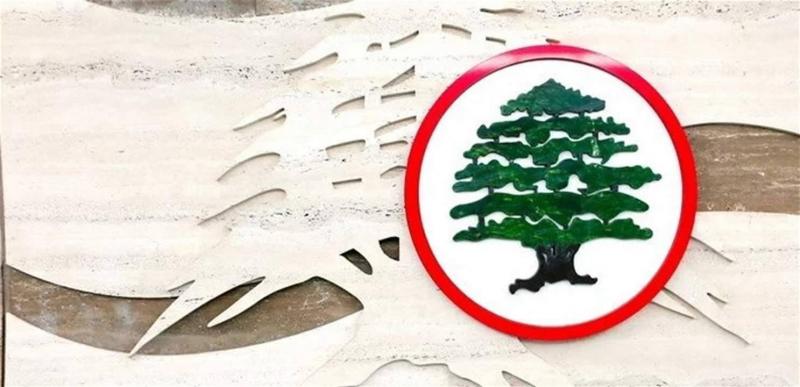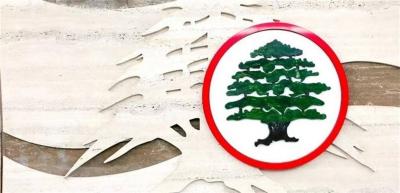Member of the Strong Republic Bloc, MP Fadi Karam, stated that regardless of whether the caretaker Prime Minister Najib Mikati denied the media reports regarding cash compensation for the victims of the war in the south or not, the statements made by MP Hassan Fadlallah, a member of the Loyalty to the Resistance Bloc, after his meeting with Mikati—where he confirmed that the latter committed to having the government pay compensation for the victims—are the definitive news. He pointed out that it is the right of the Lebanese victims in the south to be compensated; however, the only party that should be responsible for paying compensations from its own resources is "Hezbollah," not the Lebanese government. He added that had there been a real state in Lebanon, it would have penalized Hezbollah for the damages caused to the properties and livelihoods of the Lebanese, due to its monopolization of the decisions of war and peace.
Karam noted in a statement to "Anbaa" that the opposition deals with the victims in the south with the same criteria they apply to those affected by the Beirut port explosion. He emphasized that what "Hezbollah" really wants by requesting the government to provide cash compensations for the southerners is to silence its base and avoid Shiite resentment against it. He argued that the mere commitment of Mikati's government to compensate the southerners, according to what MP Fadlallah stated, at a time when victims of the Beirut port explosion have not yet been compensated, indicates that it is a government for only one segment of the Lebanese population, lacking decision-making authority, and responding to the resistance axis while serving its agenda.
In response to a question, Karam affirmed that "Israel is a hateful and unmerciful state that does not differentiate between a child and a fighter, and must thus be prosecuted internationally for committing crimes against humanity. However, this does not mean absolving those who initiated the declaration of war against it, irrespective of the will of the Lebanese people and the military institution. It pertains to those who linked Lebanon to a unified battlefront, and sacrificed the livelihoods, properties, and souls of both the Lebanese and Palestinian peoples to bolster the Iranian negotiation strategy with the West. Hence, Hezbollah must be compelled to compensate the southerners, and any other mandatory punitive action is completely rejected."
On a different note, regarding the Lebanese Forces' refusal of MP Gebran Bassil's invitation in Bkirki to unify Christian forces, Karam confirmed that "the conflict in Lebanon is not between Christians, nor is it between Lebanese religions and sects, but rather between two political lines: the first is national sovereignty, and the second is a meaningless line that obeys the resistance axis." Therefore, he believes that those who care about Christian unity and the supreme national interest should not cover up for illegal weapons for their political and personal interests. He suggested that it would have been more appropriate for MP Bassil to call for a national understanding opposing the resistance axis, rather than calling for Christian unity while simultaneously sending messages to Hezbollah under an implicit title of “if you return, we will return,” meaning if Hezbollah returned to support him politically and governmentally, the movement would then return to support the party and provide cover for its weapons.
Concluding regarding the Bkirki Document, Karam affirmed that what Patriarch Bechara al-Rahi primarily wants is the respect of the constitution, the election of a president for the republic, and not draining the powers of authority of their substance. The Bkirki Document, prepared by the Archbishop of Antelias, Bishop Antoine Bou Najm, was aimed at reasserting national constants and exploring a comprehensive national plan to emerge from the abnormal situation Lebanon is experiencing, including the general Christian situation.




